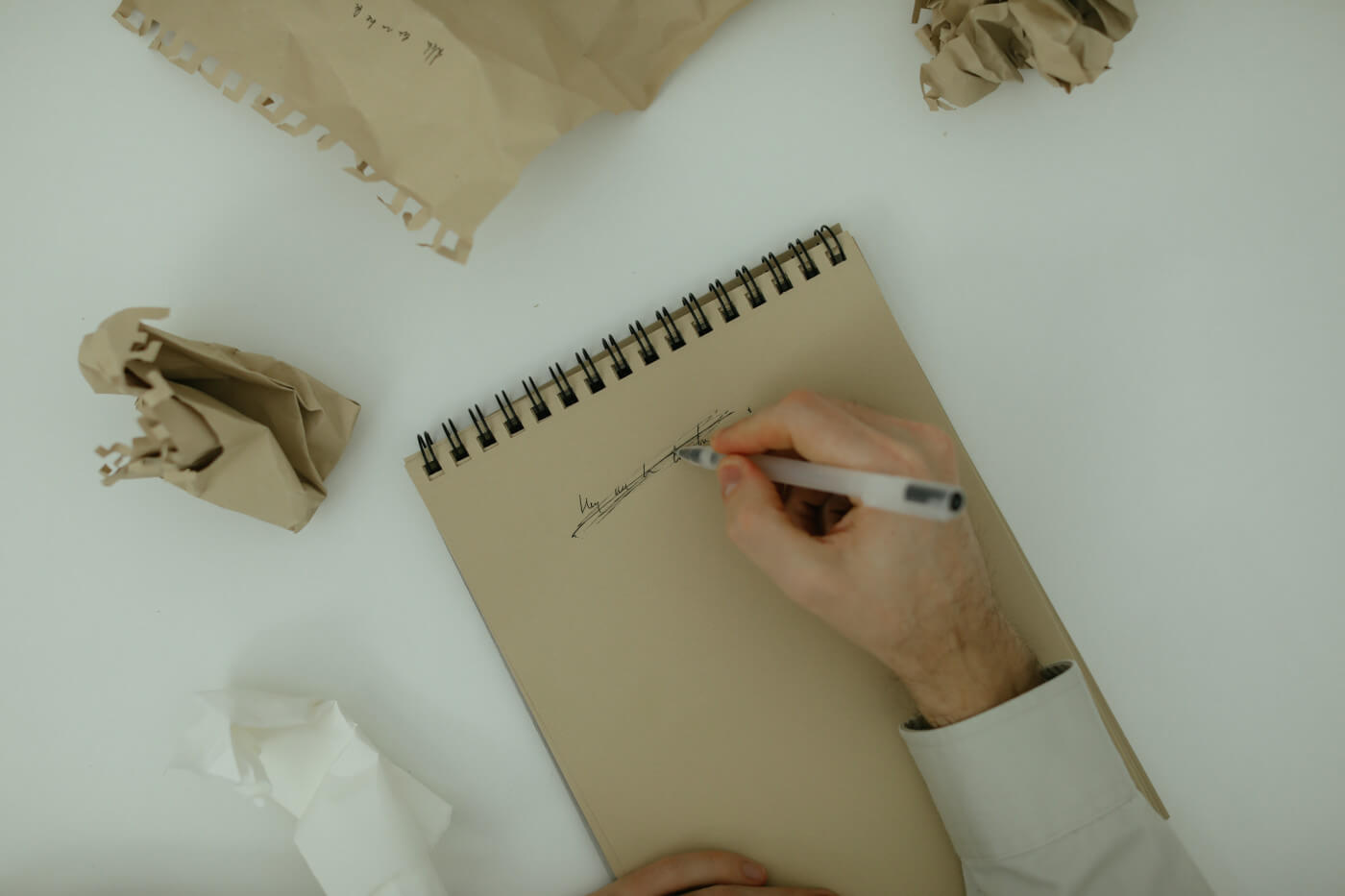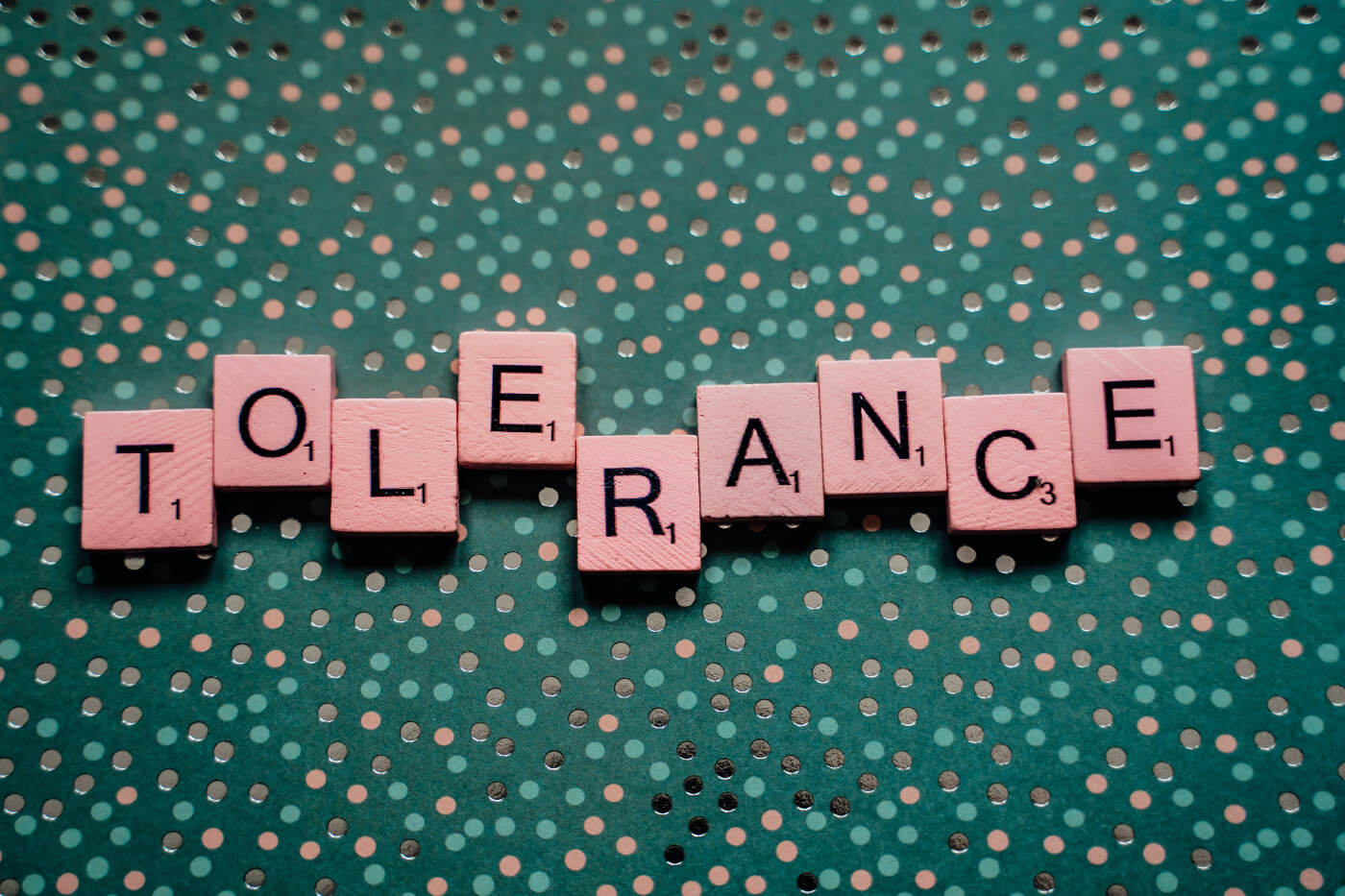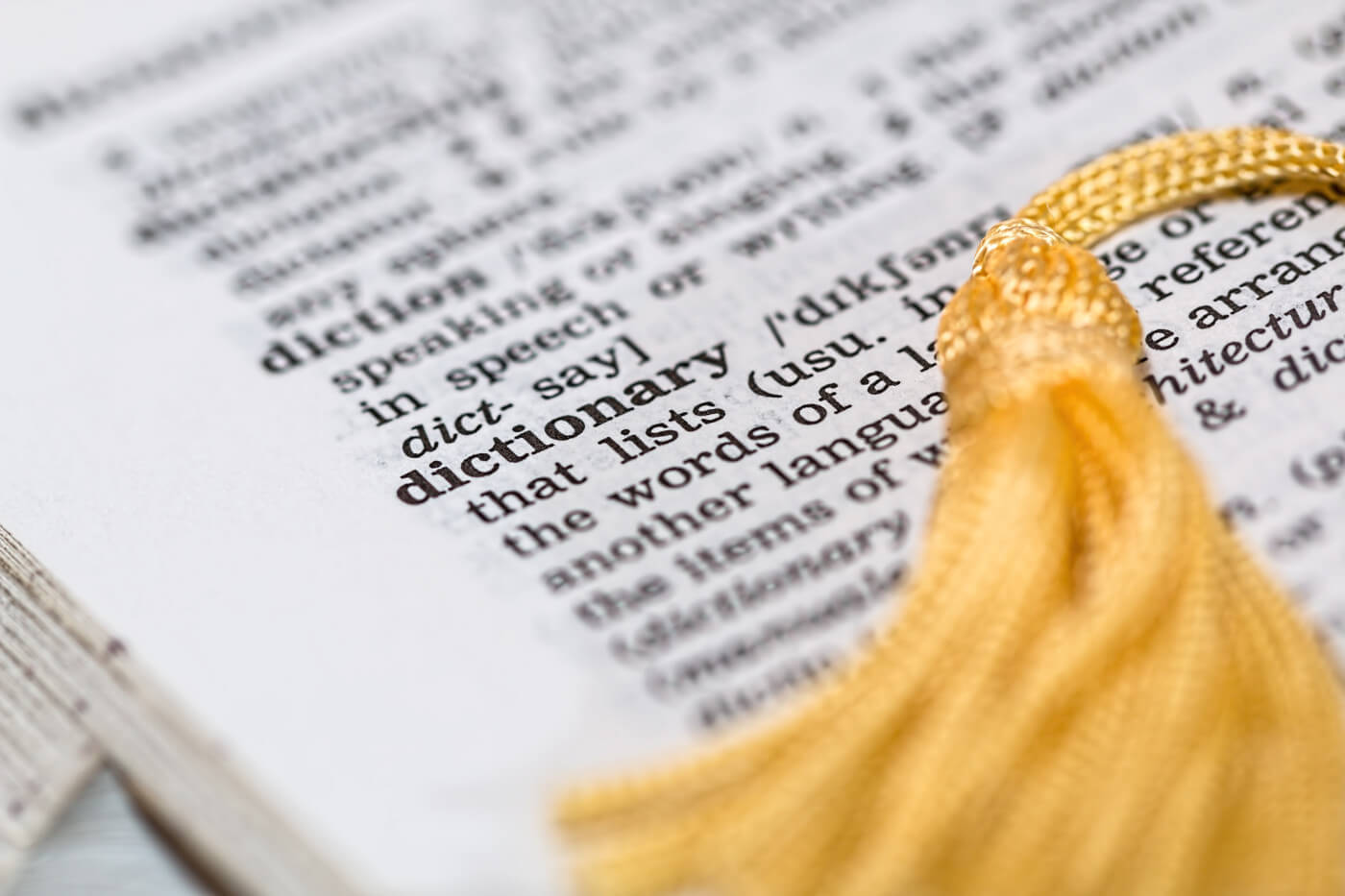Common English Grammar Mistakes

Whether you are looking to improve your written English in preparation for exams, or you want to qualify for a better job, good grammar is a great place to start. You don’t need to be a writer to avoid these common English grammar mistakes. In fact, research has shown that people may lose out on career opportunities due to poor grammar.
Take a look at our list of common English grammar mistakes, along with example sentences to ensure that you use these words and phrases correctly.
Related: Colon or Semicolon? When to Use Them
Related: Common Misspelled English Words
Their, There or They’re
“Their” refers to something owned by a group.
“There” refers to a place.
“They’re” is a contraction for “they are.”
Now that you know the difference between the three words, make sure you double-check that you are using them correctly.
Example sentence:
They’re going to love going there; I heard their food is the best!
Your or You’re
“Your” indicates possession.
“You’re” is a contraction for “you are.”
Example sentences:
I love that jumper you’re wearing.
Where did you buy your jumper from?
Its or It’s
“Its” indicates possession.
“It’s” is a contraction of “it is.”
This is an English grammar mistake that even the most confident writers fall prey to.
Example sentences:
It’s cold outside today.
The book fell on its side.
Affect or Effect
“Affect” is a verb, used to describe the act of changing.
“Effect” is a noun, used when talking about the change itself.
Example sentences:
The movie affected me in a big way.
The movie had a big effect on me.
Me or I
Most of us understand the difference between these two, until we need to use them in a sentence.
Here’s an incorrect, but common example: When you’ve proofread the article, could you please send it to Joy and I?
As proper as it sounds, it is actually incorrect. Try reading that sentence after removing “Joy and.” It would be incorrect to send something to “I,” because “I” has become the subject of the sentence. In this situation, you’d use “me.”
Example sentence:
When you’ve proofread the article, could you please send it to Joy and me?
To or Too
“To” is typically used to describe a destination, recipient, or action.
“Too” is used as an alternative to “also” or “as well.”
Example sentences:
I will drive you to your doctor’s appointment. (Destination)
Could you send the files to me? (Recipient)
I’m going to stretch my legs. (Action)
We both think it’s too cold outside.
i.e. or e.g.
“i.e.” means “that is” or “in other words.”
“e.g.” means “example given” or “for example.”
You would use “i.e.” to clarify something you have said, while “e.g.” adds color to a story through an example.
Example sentences:
Cook with butterflied - i.e. deboned - whole fish.
Set a firm timeline (e.g. two weeks) for the team.
Whose or Who’s
“Whose” indicates possession.
“Who’s” is a contraction of “who is.”
Example sentences:
Whose book is that?
Who’s reading that book?
Alot or A lot
For those of us who commonly use “alot,” I’m here to break it to you that this is not a word. If you are trying to say that somebody has a vast number of things, you would say they have “a lot” of things.
Example sentence:
My cousin has a lot of DVDs in his collection.
Into or In to
“Into” indicates movement.
“In” can be used as part of a verb, while “to” is often used with infinitive verbs.
If you’re stuck, ask yourself if the words “in” or “to” modify other words in the sentence. If not, ask yourself if it’s indicating movement. If it does, then use “into.”
Example sentences:
I’m about to walk into the office.
I will call in to the meeting.
Then or Than
“Then” is an adverb used to situate actions in time.
“Than” is a conjunction used to make comparisons.
Example sentences:
We cooked dinner together, and then we ate it in the kitchen.
My dinner was better than yours.
Of or Have
Words like “should’ve,” “could’ve,” or “would’ve” are contractions of “should have,” “could have,” and “would have.”
People are mistaken when they say or write “should of.”
Example sentences:
I should have gone to the grocery store yesterday.
I could have picked up my laundry on the way home.
I would have run errands sooner if I had time.
Everyday or Every day
“Everyday” is an adjective, describing something common.
“Every day” is a phrase that means “each day.”
If you aren’t sure which one to use, here’s a handy rule: If you can use a day of the week (for example, Wednesday) in the sentence, you should use “every day.”
Example sentences:
I brush my teeth every day.
Brushing my teeth is an everyday occurrence.
That or Who
“That” should be used when talking about things.
“Who” should be used when talking about people.
Example sentences:
The students who complete their work fastest will receive a reward.
I like books that have pictures in them.
Well or Good
“Well” is an adverb.
“Good” is an adjective.
Many of us tend to mix up these two words, using them incorrectly.
Example sentences:
I am doing well in Geography.
My Geography assignment was good.
Fewer or Less
“Fewer” refers to items you can count individually.
“Less” refers to something you can’t count individually.
Example sentences:
There are fewer cakes now.
There is less sand on the beach.
We have
Related Articles

Common Misspelled English Words
Being able to spell words correctly is a skill that will help you write school and university exams, as well as work presentations and will make you more effective in your general communications. Good spelling is incredibly important in professional, academic and even personal writing.
Read More

Colon or Semicolon? When to Use Them
We are addressing the age-old debate: colon or semicolon? Which form of punctuation is the correct one for the sentence you are writing? You might be wondering if your choice is purely a stylistic decision or if there are clear-cut rules. (read more)
Read More

50 Words To Impress Your English Examiner
If you want to impress your English examiner and get more creative with your writing, here is one very simple and practical step you can take: include new and interesting words into your vocabulary. (read more)
Read More

We help families find their perfect tutor
Help your child improve their grades and get their confidence back.
GET A TUTOR